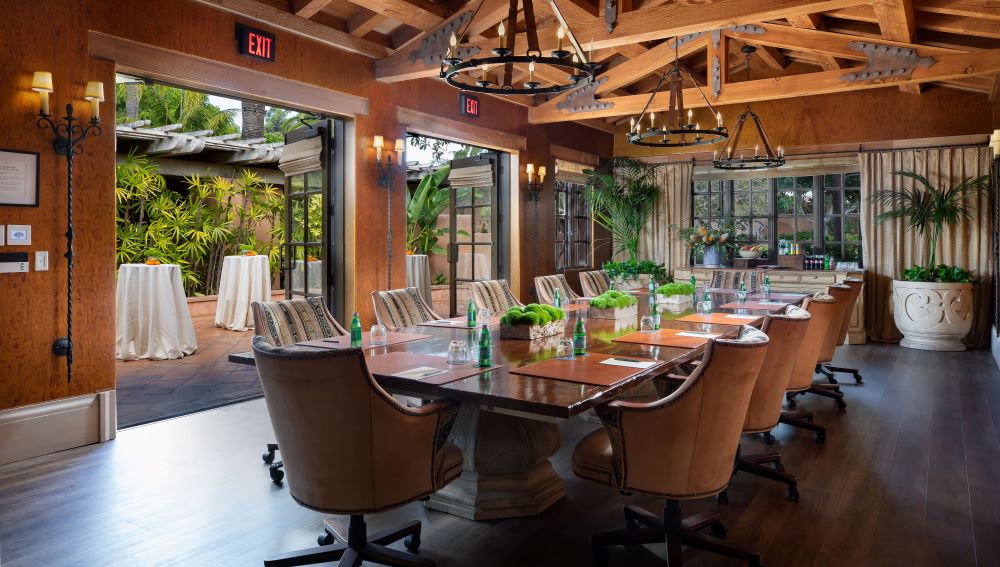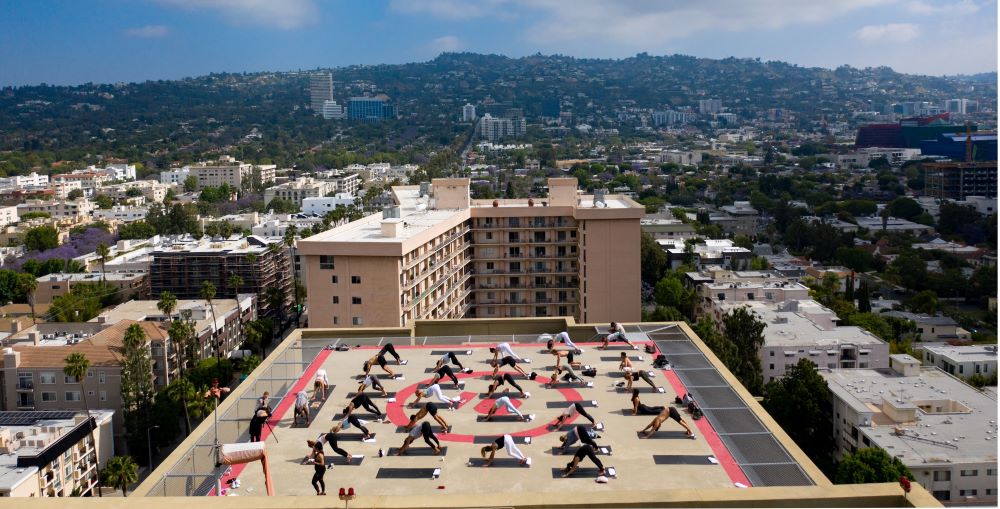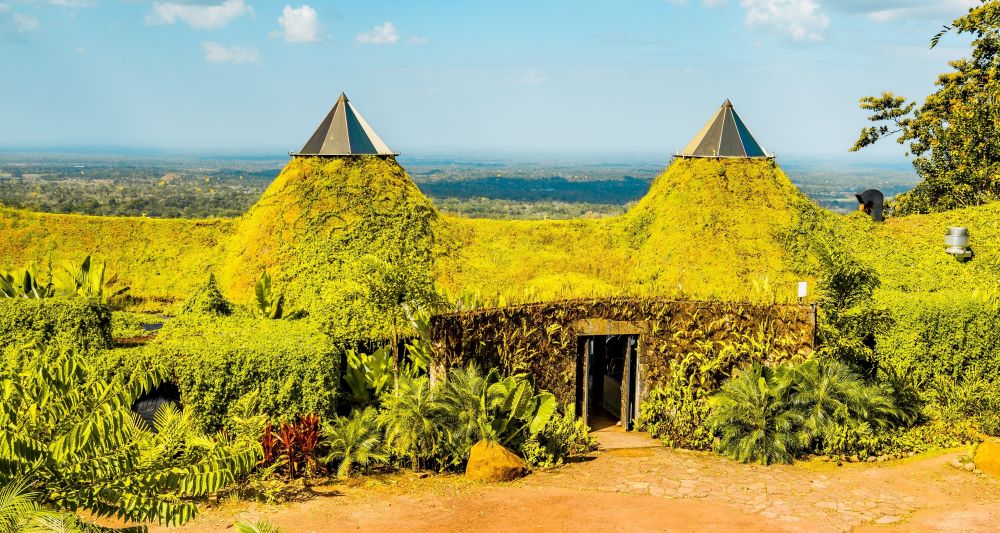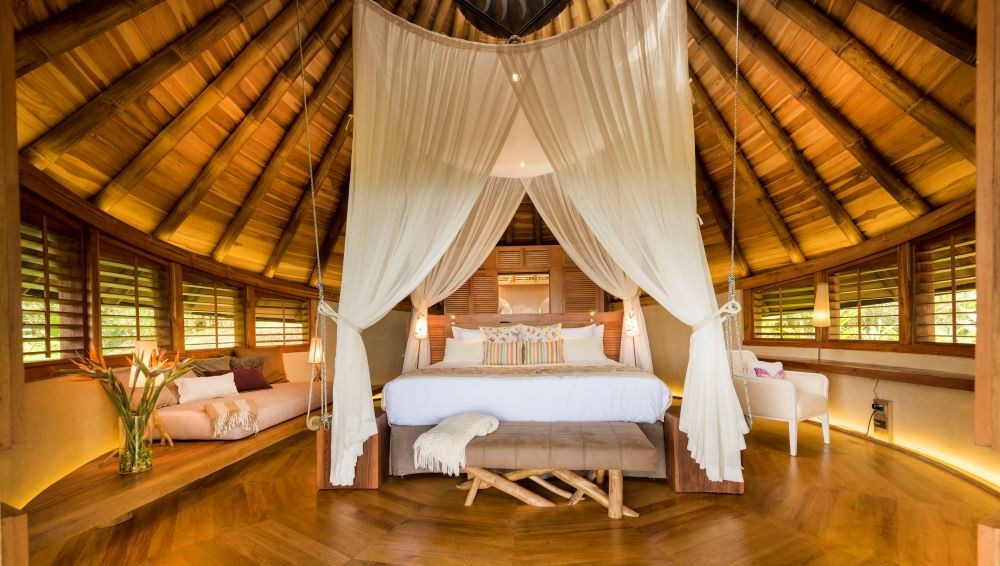What does “luxury” really mean in 2020? One thing meeting professionals can agree on: The luxury hotel experience looks different than it did at the turn of the millennium.
Kim Kessler, founder of KIPR Global, who has worked in the luxury hotel sector for over 20 years representing brands like Four Seasons, The Ritz-Carlton, Nobu and more, notes that luxury hotels used to have a material-focused and formal reputation.
“Everything was very polished. People would dress up, and everything was much more formal. People were looking for really gourmet French or Italian dining experiences paired with wine or afternoon tea service,” she explained. “In general, it was a more formal experience, and same for meetings—the more decadent the better. Fine wine, champagne, caviar, etc.”
This formality once so synonymous with luxury has dimmed as Millennials have entered the travel scene.
[Related: Luxury Hotels Redefining Upscale Experience]
With this new generation comes a new approach to travel, which has luxury hotel properties transforming their design and services, and meeting planners rethinking their property selection criteria.
Although you’ll still find it’s all top of the line, things may look and feel a little different than they used to at the world’s top hotels. Following are the major ways that luxury is being redefined—and how it’s impacting the meeting experience.
A Sense of Place
With the rise of bleisure travel and experiential events, luxury hotels are upping their games when it comes to giving their guests a sense of place.
 “Ritz properties looked the same no matter where they were 20 years ago,” Kessler noted, as an example. “Now, they are immersing [their guests] more in where they are.”
“Ritz properties looked the same no matter where they were 20 years ago,” Kessler noted, as an example. “Now, they are immersing [their guests] more in where they are.”
A push for authenticity and localized experiences is now widespread across The Ritz-Carlton brand, with the interior design, activities offered onsite and cuisine looking completely different from Perth, Australia, to Chicago.
In Maui, The Ritz-Carlton, Kapalua even has a cultural advisor on the property to help educate planners and their meeting groups about Hawaiian culture.
(Photo: Kim Kessler, Founder, KIPR Global)
The advisor can give input and oversee authentic cultural experiences like traditional Hawaiian ceremonies at the beginning of events, hula lessons for guests, or a traditional luau feast with hula, fire dancers and local cuisine.
Travel to the opposite end of the U.S. to Colonial Williamsburg and you’ll find the restored Williamsburg Inn—a AAA Five Diamond, Forbes Travel Guide Five-Star luxury hotel that was originally built in 1937 by John D. Rockefeller Jr., who also helped finance the restoration of Colonial Williamsburg in the 1920s.
Williamsburg is a living history museum, and the hotel is located adjacent to the historic area of town—giving its guests premiere access to learning more about the birthplace of America—and takes care to give guests a taste of the Old World with ritzy 21st-century amenities.
Regency-style decor is the backdrop of the property’s meeting rooms, and the hotel can even work with event planners to bring in a Founding Fathers appearance at an event.
Holistic Wellness
The wellness trend continues to gain steam in the meetings and events industry—and this extends not only to just staying active and eating well, but to the betterment of the mind and spirit, too.
“It’s less and less about the tangible things; the new luxury is really time,” said Kristi Dickinson, Rancho Valencia’s director of spa and wellness. “It’s free time, down time, stillness and time for contemplation.”

Photo: Boardroom, Rancho Valencia; Credit: Rancho Valencia
Rancho Valencia—a AAA Five Diamond and Forbes Travel Guide Five-Star all-suite resort tucked north of San Diego—is home to 49 luxury casitas and is popular for incentives, corporate meetings and executive retreats.
Dickinson notes that the resort is launching new unique group wellness activities in response to the rising wellness trend, and in an effort to give attendees more mindful time together and apart. Some of these include:
- Malas and Meditation, where participants make their own string of beads to help guide a subsequent meditation session. Rancho Valencia says attendees will “walk away from the workshop with a beautiful meditation tool and lasting representation of your intentions.”
- Clear Your Mind Massages, a signature massage that’s recommended before brainstorming and strategy sessions to relax the body and declutter the mind.
- Morning Nature Yoga Walks, for groups that want to explore the resort’s natural surroundings on a half-mile hiking trail, featuring Southern California’s signature olive groves. Meditation and beginner yoga are incorporated throughout.
- Crystal Sounding Grid with Sound Bath, for groups interested in crystals and Tibetan singing bowls. To promote good energy, productivity and some time away from technology, participants are led through a session of relaxation amid a grid of crystals and stones.
Dickinson also noted that she sees the wellness trend being a big part of the guest room experience in the near future, which is already in motion at some other luxury properties like MGM Resorts hotels and others that participate in the Stay Well meetings program by Delos.
Kessler added that while a lot of properties are now offering wellness activities like yoga, luxury hotels set themselves apart by adding a wow factor, like at the Four Seasons Hotel Los Angeles at Beverly Hills, where groups can participate in a group yoga class on the hotel’s 17th-floor helipad.

Photo: Yoga on the Helipad at Four Seasons Hotel Los Angeles at Beverly Hills; Credit: Four Seasons Hotel Los Angeles at Beverly Hills
Sustainability Over Excess
With a new generation of employees moving into decision-making positions at corporations, hotels are finding that sustainable travel and meetings are more important than ever to business travelers and event attendees.
The climate crisis is top of mind for many of these individuals and can influence which properties they are more likely to stay at or what events they choose to attend.
“The main difference I see is with Millennials, and they are looking for everything sustainable,” Kessler said. “They are looking for more sustainable and plant-based foods—every meeting needs to have those plant foods and breaks for fresh juices—and also have reusable water bottles and water stations.”
“The more sustainable a luxury hotel can be the better,” she added.
The age of excess is ending—but sustainable spaces can still translate to luxury.
Kessler pointed to a new eco-friendly lodge in northern Costa Rica, ORIGINS, that centers its entire experience around sustainability while still offering high-end amenities in a stunning location.

Photo: Lodges at ORIGINS; Credit: ORIGINS
The small resort is perched on a mountainside, overlooking an expansive valley, volcanoes and Lake Nicaragua, and is home to six lodges and a three-bedroom villa. The property takes care to provide guests with an immersion in nature—the building is designed to blend in with the natural surroundings with plants growing on its roof, 100% of its materials sourced locally and the bungalow floors even made from recycled bottles.
“They’ve gotten rid of nearly of every plastic at their hotel; they have [water]-filling stations all over,” Kessler said. “It’s great for small incentive groups. They have a Michelin-starred chef who makes amazing gluten-free, vegan meals.”
These meals will often make use of fresh vegetables from the onsite garden, and its soil is enriched by the resort’s composting program of all its organic waste.

Photo: Produce from ORIGINS Garden; Credit: ORIGINS
Additionally, the resort participates in an ongoing collaboration with the Costa Rican government on reforesting projects, promising to plant about 200 new trees annually in the surrounding forest and onsite.
Customization
Personalization and customization naturally lend themselves well to luxury hotels—the attention to detail and the can-do-anything attitude can make groups and individual guests feel extra special.
Rancho Valencia director of catering and conferences Erica MacMitchell takes these special requests in stride. She noted one such instance last fall, when a DMC and startup CEO came to the resort and wanted to have an “unconference” meeting with other startup CEOs to exchange ideas about product launches.
The group wanted to take over the outside garden area, which is normally used for horseshoe contests. MacMitchell removed the horseshoe equipment, and the resort replaced it with glamping tents, area rugs and lounge seating.
“We put a bar up there, and they made s’mores [around the fire],” she said. “Instead of telling campfire stories, they had a campfire chat talking about their businesses.”
“They had their notepads and just sat in a circle. It was a lovely breath of fresh air.”
A New Perspective
This intense focus on experiences, wellness, sustainability and hyper customization at luxury hotels is only enhancing the meeting experience for attendees. These attributes only point to a more genuine want by attendees to connect with others, the environment, new destinations and themselves.
“Twenty years ago, people would just go into the hotel and go out, but now people want to have intentional conversations. Right away they want to go deep and get to know someone on a deep level, and…really want to get immersed in the culture [around them].
“In terms of experience, it’s just more intentional,” she said. “It’s a different mindset.”
Read Next: Outside Spa Options







